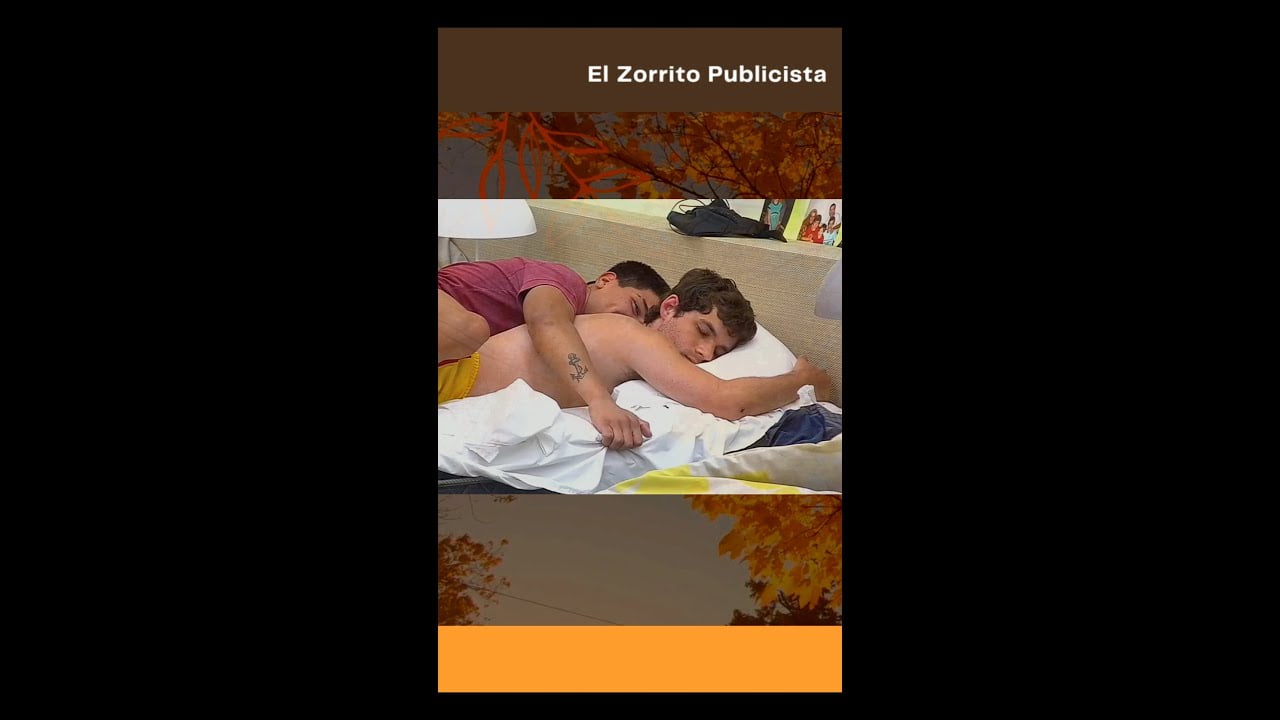Unexpected word meanings for a Venezuelan in Argentina
Living in Buenos Aires since 2018 has made me aware of the little, funny differences between the Spanish variants existing in the Americas today.
Even if it may be on a tiny scale, words have a significant impact in my day-to-day life as a foreigner on the south shore of the Río de la Plata.
It has been certainly amusing to see how everyone gazes in awe when you say out loud at the grocery store, like the average Venezuelan: “Por favor, deme un kilo de aguacate” (Please, give me one kilo of avocado.)
The reason? The green-and-yellow fruit is called palta in Argentina, as well as in Perú, Uruguay, and other Latin American countries.
Regarding food, there are so many names differing between the two Spanish-speaking regions that this blog post wouldn’t be enough to show them all. (I will certainly explore them deeply on its own entry.)
Let’s continue with two words that are impossible for me to ignore: concha (shell, fruit skin) and forro (case, cover, sleeve), both of them quite rude in these parts of the continent.
For Argentinians, concha is the colloquial way to refer to women genitalia, whereas forro is equivalent to calling someone a preservative. Pretty funny, isn’t it?
The solution is simple: I have been learning to adapt my lexicon and saying cáscara or piel instead of concha, and funda instead of forro, to avoid any unwanted confusion among porteños.
In other cases, there are words that are apparently a total enigma for the locals, eliciting gestures of disbelieve all around.
To go into a clothing shop and ask for chaquetas (jackets), franelas (T-shirts), faldas (skirts), or cholas (flip-flops) is to start a game of charades until you are capable of explaining what item you are looking for: camperas for chaquetas, remeras for franelas, polleras for faldas and ojotas for cholas.
It is worth mentioning that the biggest difficulty doesn’t lie in understanding a distinct accent, but in overcoming the challenge of “switching” between the Spanish variants’ vocabularies, as one becomes more used to a picturesque word palette.
Is there something great or amazing happening? Just say it is piola if you want Argentinians to get the mood, or yell chévere the nearer you are to the Caribbean to achieve the same effect.
Have you succeed extremely well in doing something? Your Argentinian friend will assure you la rompiste (lit. you broke it), while your Venezuelan acquaintance will say you te la comiste (lit. you ate it.)
But whatever you do, never pidas la cola (ask for a ride, in Venezuela) to that Argentinian friend of yours, as pedir la cola will be understood as to ask him or her exactly what it says if literally translated: ask for your lower back area.
Do you want to share any remarkable lexical differences among speakers of your own language? Let me know in the comments!
Words to learn
Aguacate (palta): Avocado
Concha (cáscara, piel): Shell, fruit skin (e.g. banana peel)
Forro (funda): Case, cover, sleeve
Porteños: Namesake for the inhabitants of Buenos Aires
Chaqueta (campera): Jacket
Franela (remera): T-shirt
Falda (pollera): Skirt
Chola (ojota): Flip-flop
Chévere (piola): Neat, great, excellent, as a response to something happening
Comérsela (romperla): To excel in something, to perform very well
Pedir la cola (pedir un aventón): Ask for a ride
About the Author:Anais
Hello, Spanish learners! My name’s Anais. I’m a Venezuelan freelance translator living in Argentina. I’m a culture and language freak and such a big foodie! I’m thrilled to share my language and culture with all of you and, why not?, some recipes of our traditional delights, too. Stay tuned, guys! 🙂
Posteado en Spanish Articles (Facebook)




